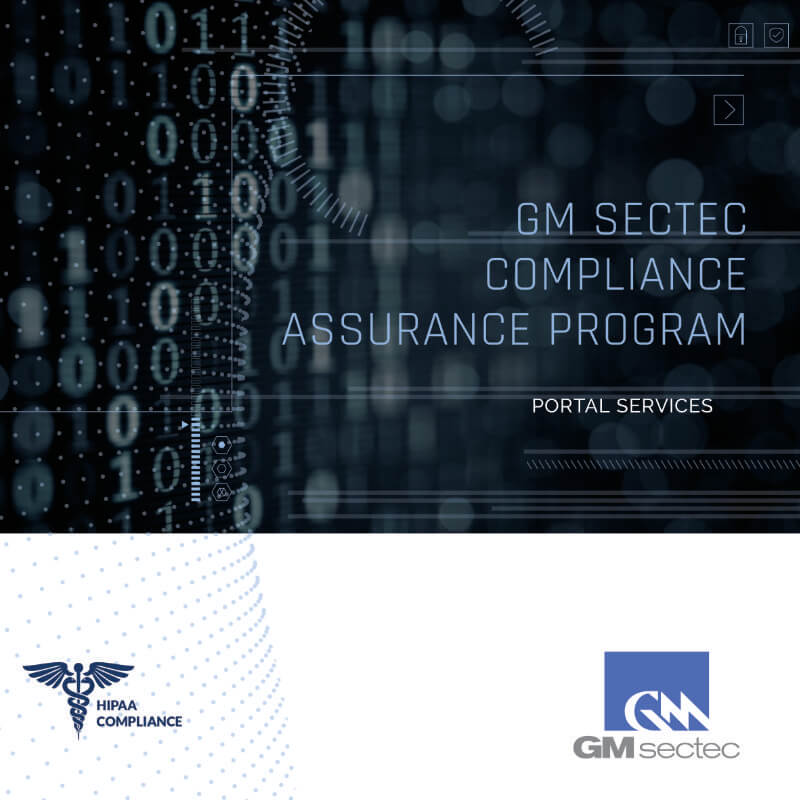HIPAA – HITRUST Preparation & Assessment
Any U.S. organization maintaining or transmitting electronic protected health information, commonly known as ePHI, must comply with the Health Insurance Portability and Accountability Act (HIPAA).
A Prescription for Security & Privacy
HIPAA established rules around protecting the security and privacy of sensitive patient data. GM Sectec can help you respond to the regulation's guiding principles of confidentiality, integrity, and availability of electronic protected health information (ePHI).
HIPAA: Fast Facts and Consequences
Identify Risks Unique to your health organization
Complying with HIPAA is important, but its purpose is to protect patient data. Completing a risk analysis helps you comply with the HIPAA Security Rule and identify risks at your organization. This important step helps us create your risk management plan.
Have a Security Expert In Your Corner
You don’t always have a HIPAA or data security expert on staff. Partnering with us includes a dedicated HIPAA Support Advisor to guide you through HIPAA compliance and answer questions when you have them.


